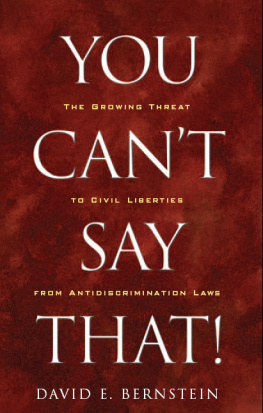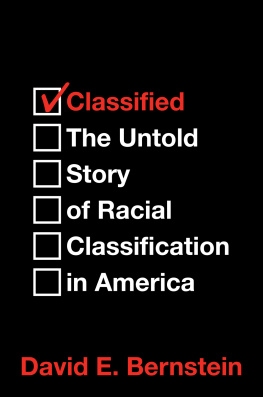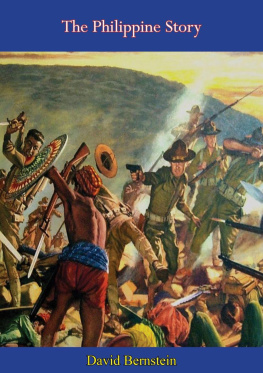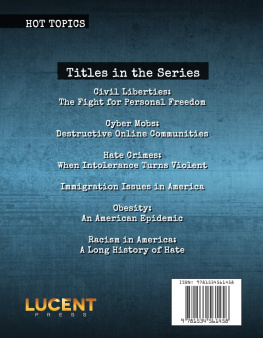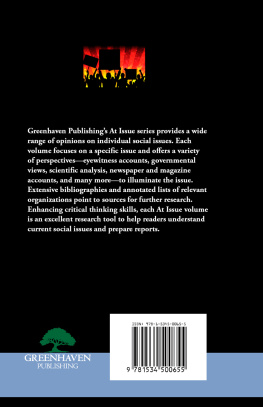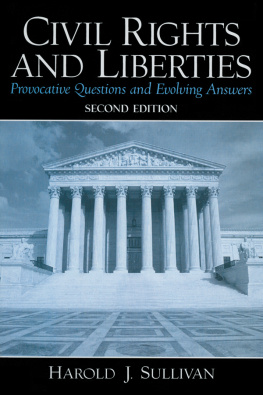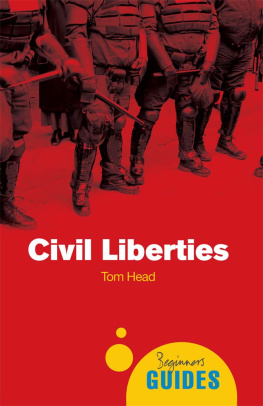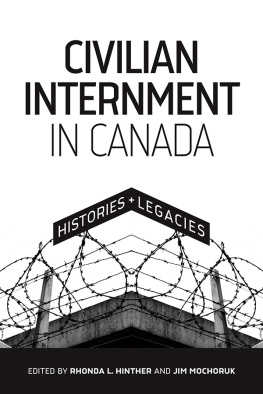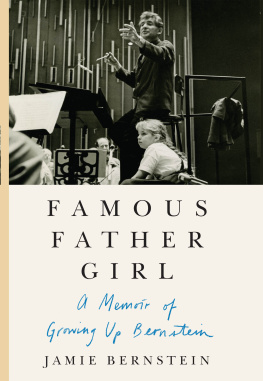1. Why Civil Liberties Should Be
Protected from Antidiscrimination
Laws
Almost all of the conflicts described in this book between civil liberties and antidiscrimination laws involve laws that impinge on some form of freedom of expression protected by the First Amendment and related constitutional provisions. In the normal course of things, constitutionally protected civil liberties trump conflicting statutory rules. Yet various courts, including at times the Supreme Court, have held that the government has a compelling interest in eradicating discrimination sufficient to warrant overriding civil liberties. The courts have not, however, coherently explained why they have granted antidiscrimination laws this extraordinary immunity.
Most Americans consider limiting invidious discrimination against historically disadvantaged groups to be an important governmental interest, an interest that the average citizen might find compelling in lay terms. But for an interest to be constitutionally compelling, and therefore capable of trumping civil liberties, the interest should not simply be important. Rather, that interest should be so vital that it would be virtually suicidal for society not to limit civil liberties in order to pursue it. 1 Indeed, many important governmental interests, such as the governments interest in reducing violent crime, are routinely subordinated to the First Amendment because they are not, constitutionally speaking, compelling interests. For example, incendiary speech currently protected by the First Amendment can encourage violent behavior by glorifying violence against women, as much gangsta rap does. Yet courts have shown no inclination to uphold bans on such speech.
By contrast, from the late 1970s until the early 1990s courts abandoned civil liberties in favor of antidiscrimination principles with stunning blitheness. State courts went even further, expanding the compelling interest paradigm to antidiscrimination interests that dont even seem objectively important, much less constitutionally compelling. For example, the Alaska Supreme Court found that the states interest in protecting unmarried heterosexual couples from housing discrimination is sufficiently compelling to override First Amendment rights. 2
If judges routinely announced that the governments compelling interest in eradicating violent crime trumped the enforcement of constitutional rights, civil libertariansin common with other thoughtful Americanswould strongly protest. Yet few civil libertarians protested when courts allowed the government to eviscerate civil liberties to pursue its interest in eradicating discrimination. 3 Indeed, many liberal law professors with otherwise impeccable civil liberties credentials went out of their way to justify the courts malfeasance. The professors argued that the Thirteenth, Fourteenth, and Fifteenth Amendments, passed largely to aid African Americans after the Civil War, create a governmental obligation to enforce equality among groups. 4 This obligation, they contend, can in turn supersede explicit protections provided by the Bill of Rights, including the First Amendment.
This argument is wrong, both textually and historically. The Civil War amendments do not purport to guarantee substantive equality, much less to override the First Amendment. The Thirteenth Amendment abolished slavery, the Fourteenth Amendment required states to provide all persons with equal protection of the laws (not equality per se ), and the Fifteenth Amendment guaranteed African Americans the right to vote. None of the Civil War amendments established a right to be free from private-sector discrimination.
Some scholars argue, however, that First Amendment rights should be subordinated to antidiscrimination claims because the constitutional value of equality as reflected in the Fourteenth Amendment is in tension with the First Amendment value of freedom of expression. 5 The Constitution, however, is first and foremost a legal document, not a mere expression of abstract values. The First Amendments prohibition on government regulation of freedom of expression does not conflict with the Fourteenth Amendments requirement that states may not deny equal protection of the laws. For example, an individual who engages in racist speech is protected by the First Amendment and is not violating the Fourteenth Amendment because he is neither an agent of the state nor denying anyone equal protection of the laws.
Arguments that courts should abstract egalitarian values from the Civil War amendments and find that those values trump the First Amendment are not only specious but also extremely dangerous. If courts were to accept such arguments, the slippery slope to broad censorship of speech would be short indeed. For example, public safety, like equality, is an important societal and constitutional value. Under a paradigm that important values override constitutional protections, the government could ban any incendiary speech that implicitly or explicitly encourages violence or criminal activity because such speech could be considered a threat to public safety. 6 Any movie, book, or play with an outlaw hero would lose constitutional protection; say goodbye to Robin Hood , Antigone , Bonnie and Clyde , and virtually every Martin Scorsese movie. Moreover, if the constitutional values paradigm were adopted by the courts, the criminal procedure protections of the Fourth, Fifth, and Sixth amendments, such as the right to remain silent and the right to a jury trial, could ultimately be eviscerated. After all, these rights conflict with the constitutional value of public safety.
The lack of a sound constitutional justification for sacrificing civil liberties to antidiscrimination laws, combined with the increased encroachment of antidiscrimination laws on previously untouched elements of civil society, has led the Supreme Court to become increasingly protective of civil liberties. In 1992, the Court unanimously invalidated a hate speech law as unconstitutional government interference with free speech. 7 Several years later, the Court unanimously held that Massachusetts had violated the First Amendment when it tried to force a privately sponsored St. Patricks Day parade to allow a gay rights group to march under its own banner. 8 Most recently, the Court, in a five-to-four decision, upheld the right of the Boy Scouts of America to exclude a gay scoutmaster whose sexual identity, according to the BSA, undermined the BSAs promotion of traditional sexual morality. 9 In all these cases, the Court rejected the argument that the governments purported compelling interest in eradicating discrimination trumped the First Amendment.
* * *
In theory, the Constitutions protection of civil liberties is inviolate and therefore not subject to changing intellectual fashion. In practice, however, history teaches that when constitutional provisions lose the support of the public, and especially the support of the legal elite from which federal judges are drawn, those provisions are enervated. Judges will continue to pay lip service to such provisions, but they will fail to properly enforce them until eventually they lose all force.
Given this dynamic, the prospect for continued judicial protection of civil liberties when they impinge upon antidiscrimination concerns is uncertain. Many academics are already disparaging constitutional protection of freedom of expression. Over the last two decades, radical scholars, including many feminists and critical race theorists, have vociferously attacked the First Amendment as a barrier to the governments ability to pursue sexual and racial equality. Antifree speech feminists have stated that they would ban what they call expressive means of practicing inequality, such as publishing academic books purporting to document womens biological inferiority to men... or [claiming] that reports of rape are routinely fabricated. 10 Critical race theorists, meanwhile, suggest that racist expression is so dangerous, and so tied to perpetuation of violence and degradation of the very classes of human beings who are least equipped to respond, that it is properly treated as outside of the realm of protected discourse. 11 From their ivory towers at Harvard, Yale, Chicago, and other elite universities, influential liberal law professors increasingly echo the feminists and critical race theorists views. 12 The First Amendment is therefore in dire need of a powerful, consistent, defense.

